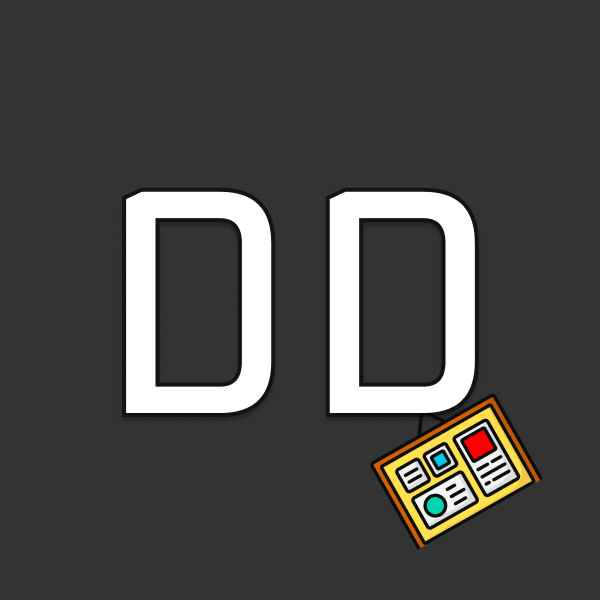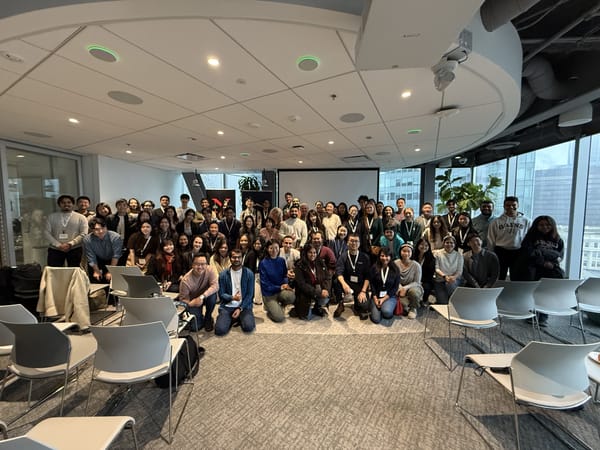Staying productive this summer for PMs

Product Managers (PMs) need to find a healthy balance of productivity during summer time, so here are some tips!
Depending on the organization, summer can introduce shifting lifestyles and prolonged vacations that introduce friction to the product development velocity of a given team.
In today’s rapidly evolving digital world of product developers and managers, hundreds of moving parts drive a business forward; this can entail the smallest projects, the shortest marketing lines, the most important process changes, or the largest dependencies.
But, for most of the world, it’s difficult to maintain that same level of performance when that sun keeps slamming down, screaming at you to go out and enjoy the rays. How can we find that productive balance when it’s so easy to drop the ball?
1. Ask your development team (or engineering manager) to capture all vacation schedules beforehand.
This is more of a pragmatic strategy that never fails to help. If you request to know your team’s vacation periods 1–2 months ahead of time, it can help with many scenarios down the road. Here are a few examples:
- Scheduling quarterly planning — if someone is taking off for a trip the week of planning season, then you’ll know to hold the planning meeting beforehand or can plan around it.
- Communicating to stakeholders on expected slowness in development times/cycles, and fixing up roadmaps to reflect the same.
- Knowing when (as a PM) to focus more on your engineers vs. your other stakeholders or customers. I’ll expand on this one: for anyone who’s “PM’d,” you’ll know that each week on the job can be completely different based on various circumstances. One day you’ll be having customer call after customer call, and another day your head could be engulfed in a UX research study. So for that particular week (or period) when maybe a member or two of your product team could be out for vacation, plan your focus as a PM accordingly. For example, if everyone in my team is working, I spend more of my time on product delivery/execution to unblock my engineers. If a few engineers are out, perhaps it’s an opportunity to perform that one user research study or competitor analysis I’ve been holding off for a while.
2. Shift more of your “focus hours” to earlier in the day, or a specific period of high energy.
This suggestion, despite sounding odd on paper and perhaps more subjective, has paid dividends for my colleagues and I.
Summer, paving the way for longer days for many of us in North America and Europe, makes it (somewhat) easier to get up earlier. I’ve found that rewiring my brain to get the hard work done in the morning has allowed me to reallocate what would be a late afternoon of stress to more opportunities to spend time outdoors in the summer sun.
If your work involves teams across various timezones and thus late meetings, then this advice can be futile. But this point brings up another topic: energy allocation. If you’re someone who deals with meetings after 5 pm, perhaps you’ve rewired yourself to work well late in the day as opposed to early morning. Thus, discover where those times of high energy surface the best, and redistribute your other less-productive hours to low-effort/passive activities.
My ask is for you to review your entire schedule of meetings and busiest times, and find a time slot where you’ll know you can focus 100% of your energy on getting work done.
3. Distractions are everywhere, summer or not.
I’ve…already mentioned this in a previous article, but I can’t stress this enough.
We all spend more time on our phones than we’re willing to admit. They’re “mini slot machines” that have been socially engineered to extract every ounce of attention a user is willing to allocate on any given day.
You then begin building dopamine receptors that rely on these social app cravings. Think about it: social media featuring tailored ads that offer you nail polish (“When the heck did Instagram catch me shopping for that?!”), funny memes that cause you to doom-scroll until the end of time, or simply interesting Reddit threads on topics that you’re interested in (How did Reddit know I would like r/interestingasf*ck?). All these social platforms demand our attention because they’re ad-dependent, and we lose some hours of productivity during the day because of it. After all, we live in an attention economy, and our ability as PMs to achieve “a state of flow” in focus has never been harder. So now that I’ve set the pre-text for this second topic, I’d like to offer some tips and tricks to ensure your environment sets you up for success (to be productive!):
- Turn your phone on airplane mode and put it in another room. If I’m in the office, it’s usually tucked into my backpack, because “out of sight, out of mind.” If your phone is within view, of course, your brain is craving that small dopamine rush, and you’ll want to reach for it.
- Block certain websites you can access in your browser, such as Facebook or Twitter. You can do this with various web extensions.
- Write your daily “to-dos” in your notebook and keep that notebook in front of you, within view. It reminds your brain about the work you must finish for the day.
- If you don’t want your devices physically away, at least turn-off notifications.
- It also helps sometimes if you move to a meeting room or a “focus room” and put on noise-canceling headphones.
As a reminder — I’m not telling you to stop using social media. It’s super important that we keep connected online nowadays — for friends, connections, events, personal branding, and so forth. But we need to ensure that we’re using our digital devices intentionally and with a deep purpose, rather than subconsciously doom-scrolling low-value content. My point is that there’s a difference between needing to do work during your 9–5 but finding yourself browsing memes on your phone, as opposed to intentionally browsing memes during a period of self-chosen leisure. Keep that balance!
About Me
My name is Kasey Fu. I’m passionate about writing, technology, AI, gaming, and storytelling 😁.
Follow this publication for more technology and product articles! Check out my website and my Linktree, and add me on LinkedIn or Twitter, telling me you saw my articles!





